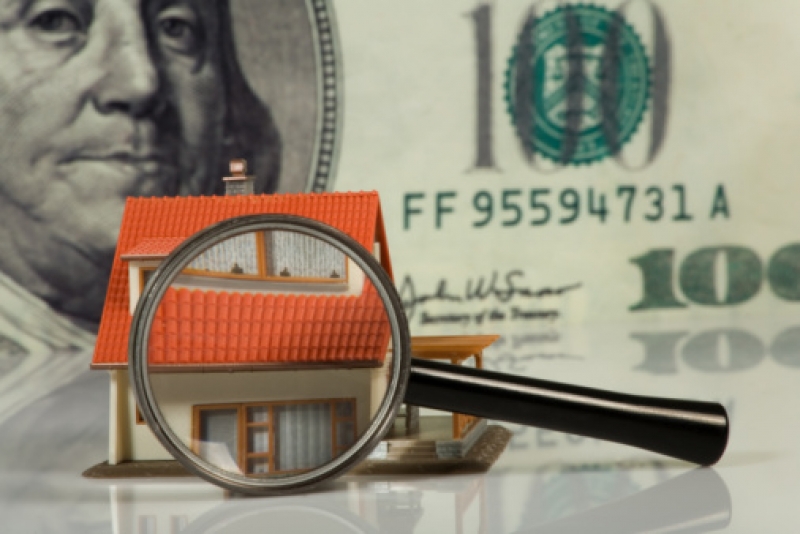What Is Lien Priority?

The definition of a lien priority may best be understood by explaining part of the mortgage process. A typical home has more than one type of lien. These can include judgment liens, mechanic’s liens and the original mortgage lien that the owner has placed on the property.
Should a home be foreclosed upon, lien priority will come into play. Lien priority is the order in which creditors will be paid should foreclosure occur. If lien 1 has priority over lien 2, lien 1 will be paid first.
Property law states that the priority of liens will be dependent on when they were filed by the office for county records. Otherwise known as ‘first in time, first in right,’ a lien that was recorded before another lien will have priority over any liens that are recorded at a later date.
Lien Types
Judgment
The judgment lien can be applied when a homeowner is sued in court for a particular amount of money and loses. Should this occur, it will be the winner of the case who receives the judgment. In order to get the money, the winner of the case must file a judgment lien on the property of the losing party.
Mortgage
The original mortgage is also a type of lien. Specifically, it’s the promissory note, also known as the first deed of trust that can be identified as the lien, as this is the document which promises the lender that you will repay what was borrowed in order to obtain your home. Subsequent mortgages are also counted as liens. This occurs when a homeowner needs more than one loan in order to obtain a property.
In a case where the 80/20 loan is applied – with 80% of a home’s price being covered by the first loan, and the remaining 20% covered by the second – it will be the larger loan that takes lien priority in the case of foreclosure.
Mechanic
The mechanic’s lien refers to any contracting work done on a property or construction materials delivered to a property that was not paid for. Should this occur, the contractor has the right to place a mechanic’s lien on a property, as long as they do so within one to six months of having not been paid. A lawsuit where the contractor wins can cause the homeowner to be forced to sell their home in order to satisfy a mechanic’s lien.
Condominium Liens
If a homeowner resides in a condominium, the non-payment of monthly fees and other items associated with the condominium can result in the application of COA or HOA liens. The Condominium Association and Homeowner’s Association liens are legal and can be applied at any time one or both of the organizations feel that payment terms were not met.
Because the process of lien priority can be confusing, it makes sense to consult the expertise of a professional who can clarify the order in which liens must be paid. Doing so can help to reduce the stress on an already-beleaguered homeowner.


